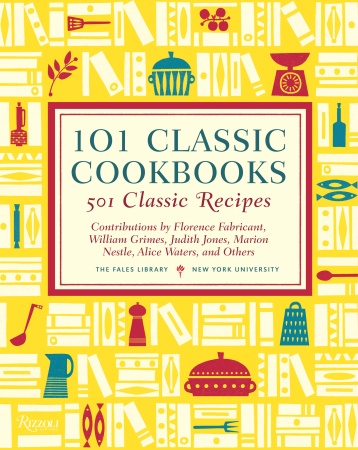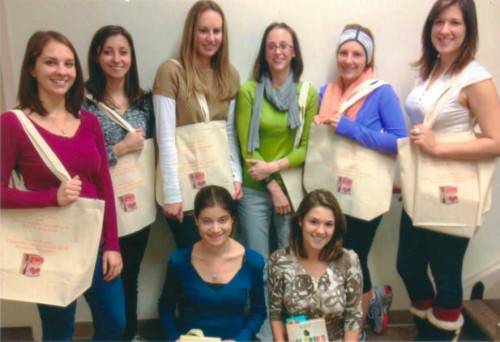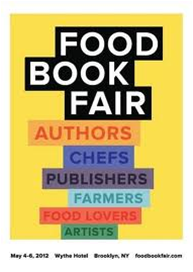Easy Black Friday suggestion: 101 Classic Cookbooks, 501 Classic Recipes
The Fales Library at NYU has been collecting cookbooks and other food studies materials for the past 8 years or so, and now houses at least 55,000 books and additional thousands of pamphlets, menus, and other ephemeral food materials.
To celebrate the collection, Fales curator Marvin Taylor and food consultant Clark Wolf teamed up with Rizzoli publishers to produce a huge (5-pound),gorgeously illustrated book of descriptions of 101 20th century cookbooks, accompanied by essays on their value and maimportance by dozens of distinguished food writers.
I have a personal interest in this book. I teach at NYU and I wrote the Foreword to the book and an essay on 20th century books about nutrition.
Here’s some of what Rizzoli says about the book:
In this marvelous collection, 501 of these signature recipes have been carefully selected from 101 great cookbooks of the twentieth century—beloved tomes passed down through generations. The list of masterworks was chosen by an expert advisory committee that includes Jonathan Gold, Michael Pollan, and Ruth Reichl.
It is like having a library of culinary classics condensed into one volume. You’ll discover so many timeless gems, such as Julia Child’s Boeuf Bourguignon, Elizabeth David’s Bouillabaisse, Marcella Hazan’s Bolognese Ragu, Jacques Pepin’s Brioche, James Beard’s Pig Hamburgers, and Irma Rombauer’s Devil’s Food Cake Cockaigne.
But you’ll also read about how these books and recipes revolutionized the way we eat. Interspersed throughout are nostalgic images from the vintage first editions. It is a fascinating culinary tour that in whole tells much of the story of American culture at large.
The book’s essays comprise a history of 20th century food. The illustrations are magnificent. I think it makes a splendid gift (full disclosure: I was not paid to write for the book, and I get no money from its sales).





